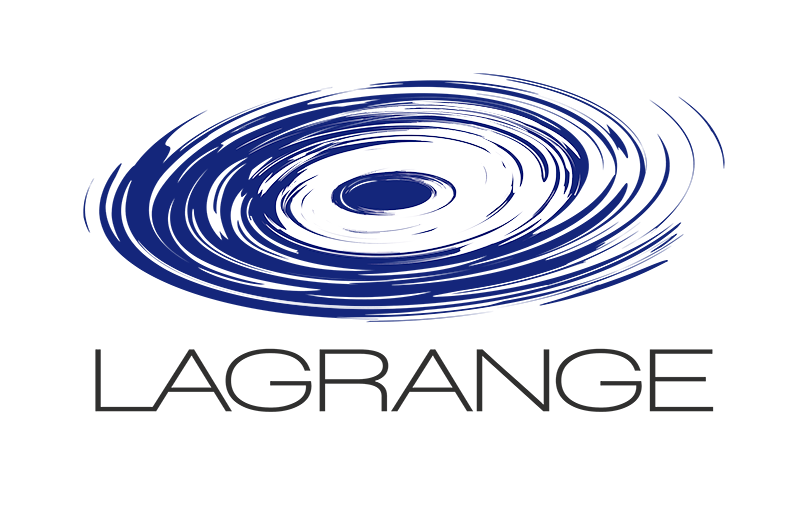The Lagrange Laboratory of the Observatoire de la Côte d'Azur (OCA, Nice, France) offers a postdoctoral position in the field of characterization of samples returned by asteroids.
General information
- Workplace : Observatoire de la Côte d’Azur; UMR 7293 LAGRANGE, Nice
- Date of publication : 28th September 2021
- Type of contract : FTC Scientist (full time)
- Contract period : 24 months
- Date of employment : 1st January 2022
- Research project : ANR O-Return —In preparation for the 1st study of OSIRISRExreturn asteroid samples—
- Remuneration : 2 900 euros gross monthly
- Level of education : PhD
- Experience required : Indifferent
- Deadline for application : 20th October 2021
Missions
The NASA’s OSIRIS-REx spacecraft will bring back to Earth in fall 2023 samples from near-Earth primitive asteroid Bennu. Belonging to the OSIRIS-REx Sample Analysis Team (SAT), the O-Return ANR project targets to use highresolution cathodoluminescence, which has never been fully exploited on extraterrestrial objects, and the synthesis of unique standards, to allow a quantified interpretation of the CL signature of chondrites and OSIRIS-REx returned samples. Owing to this innovative combination, the expectation is to provide a quantum leap improvement in our understanding of the early evolution of the Solar System and Youg Stellar Objects.
Activities
The post-doc will focus his/her activity on characterizing the mineralogy and the chemistry of refractory inclusions and chondrules, the most pristine components of primitive meteorites. The post-doc will also participate to the experimental work dedicated to the synthesis of thin films of olivine and pyroxene composition doped with activators (e.g., Al, Mn, Cr) to characterize their optical properties and used them as spectroscopic standards. The objective is to upgrade high-resolution cathodoluminescence imaging to a quantitative mode of detection of trace elements and lattice defect in order to elucidate the modes and the conditions of formation of the first solids in the Solar System.
Skills
Candidates should hold a PhD in material or earth sciences and have significant skills in mineralogy and/or material physics. Experience in analytical techniques based on electronmatter interactions would be an important asset. The capacity to work in a multidisciplinary team, and the ability to communicate and write easily in English is essential. Additional expertise in computer programming and image processing will be appreciated.
Work context
The O-Return project will develop an original and transdisciplinary research merging expertise from both materials and planetary sciences between two renowned laboratories J-L LAGRANGE and Centre of Research on Hetero-Epitaxy and Applications (CRHEA). The post doc, belonging to the TOP team (Theory and Observations in Planetology@ LAGRANGE), will benefit from the numerous interdisciplinary interactions in and between the two labs.
JL LAGRANGE laboratory (Nice) is a joint research unit (UMR 7293) depending on three agencies: the National Centre for Scientific Research (CNRS), Observatoire de la Côte d’Azur (OCA) and the University Côte d’Azur (UCA). JL LAGRANGE laboratory aims to develop multidisciplinary research activities in the field of planetology, solar and stellar physics, galaxy, and cosmology, mechanical and processing of signals and images as well as a major effort to offer courses related to these themes.
The Centre of Research on HeteroEpitaxy and Applications is a CNRS proper unit (UPR10) based in Sophia Antipolis (06) specialized on thin film growth of wide band gap semiconductors. The laboratory owns several growth reactors for crystalline thin films elaboration and electron beam assisted sputtering facilities for thin oxides or refractory amorphous films. A Common Research Service supports the growth activity by providing access to various structural, morphological, and optical characterizations (XRD, SEM, AFM, CL, PL, EDX, FTIR, TEM).
Application
Send applications (CV, name of two referents, motivation letter) or questions to Guy Libourel : libou@oca.eu, or Marc Portail: marc.portail@crhea.cnrs.fr before 20th october 2021.




